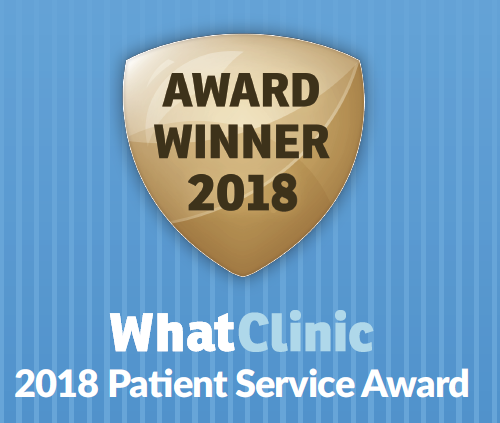Media o nas
Hysteroscopy
Hysteroscopy is the minimally invasive procedure used to diagnose and treat causes of infertility, miscarriages, an abnormalities in uterus area. It is done using a thin, lighted tube, called hysteroscope that is inserted into the vagina to examine the cervix and inside of the uterus. The procedure can be either diagnostic or operative.
Diagnostic hysteroscopy is performed under short-term general anaesthesia. The hysteroscopy is inserted through the vagina and cervix into the uterus. The uterus is filled with liquid solution which allows to observe endometrium and the openings of the fallopian tubes. Some bleeding, pain, and discomfort may be experienced afterwards. The procedure does not require an overnight stay at the Clinic.
When is diagnostic hysteroscopy used?
- problems with conceiving a baby
- repeated miscarriages
- uterus deformations
- abnormal uterine bleeding
- irregular menstruation
- polyps and fibroids
Operative hysteroscopy is used to correct uterine problems, such as polyps or fibroids detected during diagnostic hysteroscopy. Both diagnostic and operative hysteroscopy may be performed at the same time, avoiding the need for the second surgery. During operative hysteroscopy small instrument are inserted through the hysteroscope to correct abnormal condition.
How to prepare for the procedure?
The procedure is performed shortly after menstruation bleeding. Six hours before the procedure the patient should not eat or drink anything.
Recovery after the procedure
After the procedure the patient may go home. Some cramping or slight vaginal bleeding is expected. It is recommended to rest and avoid physical activities for about 3 days. In some cases, the doctor may prescribe medications to prevent infection. Hysteroscopy is the minimally invasive procedure and side effects appear very rarely. If the patient experience symptoms, like heavy bleeding, abdominal pain or fever, she should contact the doctor.

 00 48 600 466 592
00 48 600 466 592




